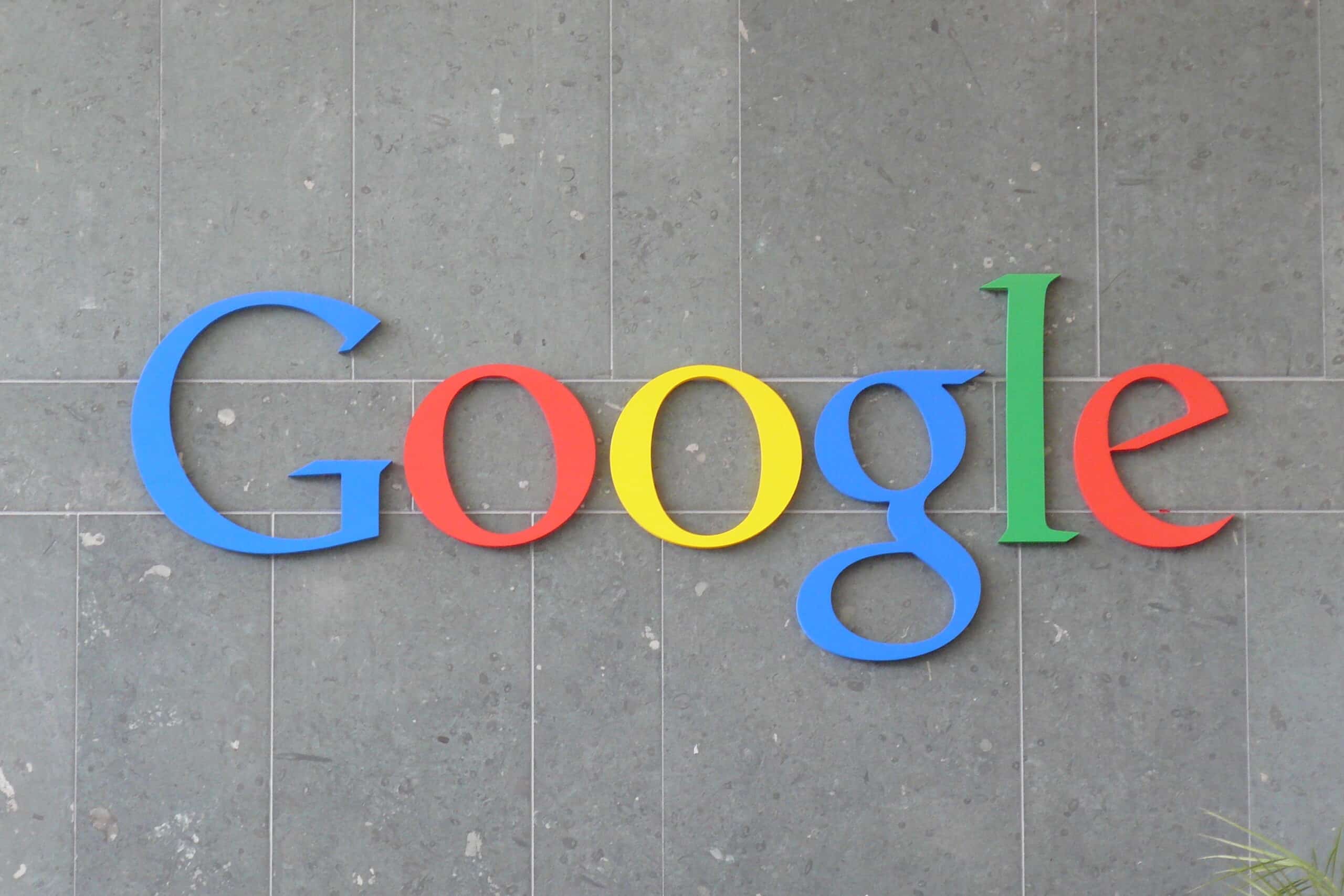SEO is dead… Well so say a considerable chunk of those in the know, but the truth in this statement depends upon what you consider to be SEO. If you mean manipulating search engines through cheap tricks that get even the worst sites onto the front page of the results, then yes, you are correct, ‘SEO’ is dead (or at least dying).

SEO is a way to make your website accessible to search engines, allowing them to understand the content contained on a page so it can be ranked accordingly. I’m sure we can all agree that good quality, highly relevant content deserves to be most visible; as such, SEO should never really have been about gaming the system.
All about the game, and how you play it
But it was, and why not? Quick, dirty tactics that produce the same results are financially more viable than investing time and money into producing great content. If you could get to the top this way, why wouldn’t you, especially when everyone else was doing it?
Herein lay the problem, everyone was doing it! The internet was becoming a dumping ground of thin, low quality content, making it much harder to find what you were looking for.
Google has been addressing this issue for a number of years through updates to the algorithms used to discern a pages relevance to search terms. With the introduction of Penguin and Panda, some of the more common ‘optimisation’ tricks are starting to be expunged (thin, duplicate content and anchor link text that linked to keyword rich sites respectively).
This is the beginning of what could be described as the death of SEO, but perhaps it would be fairer to be call it a repositioning.
You won’t fool the children of the revolution
On the brink of a digital revolution where offline content is losing its attraction at a rate of knots, the lines between SEO and PR are becoming increasingly blurred. Building relationships with bloggers and editors while creating fantastic, shareable content is the main objective of each of these disciplines, and is far from being dead.
SEO still continues to have a hugely important technical aspect to help search engines index content correctly. Regardless of how strong your content is, a site riddled with broken or spammy links, awkward navigation and poorly optimised page titles will still struggle to perform. However, these skills are becoming less exclusive due to the very nature of producing digital content… it’s only a matter of time before SEO and PR become interchangeable job titles.




































































